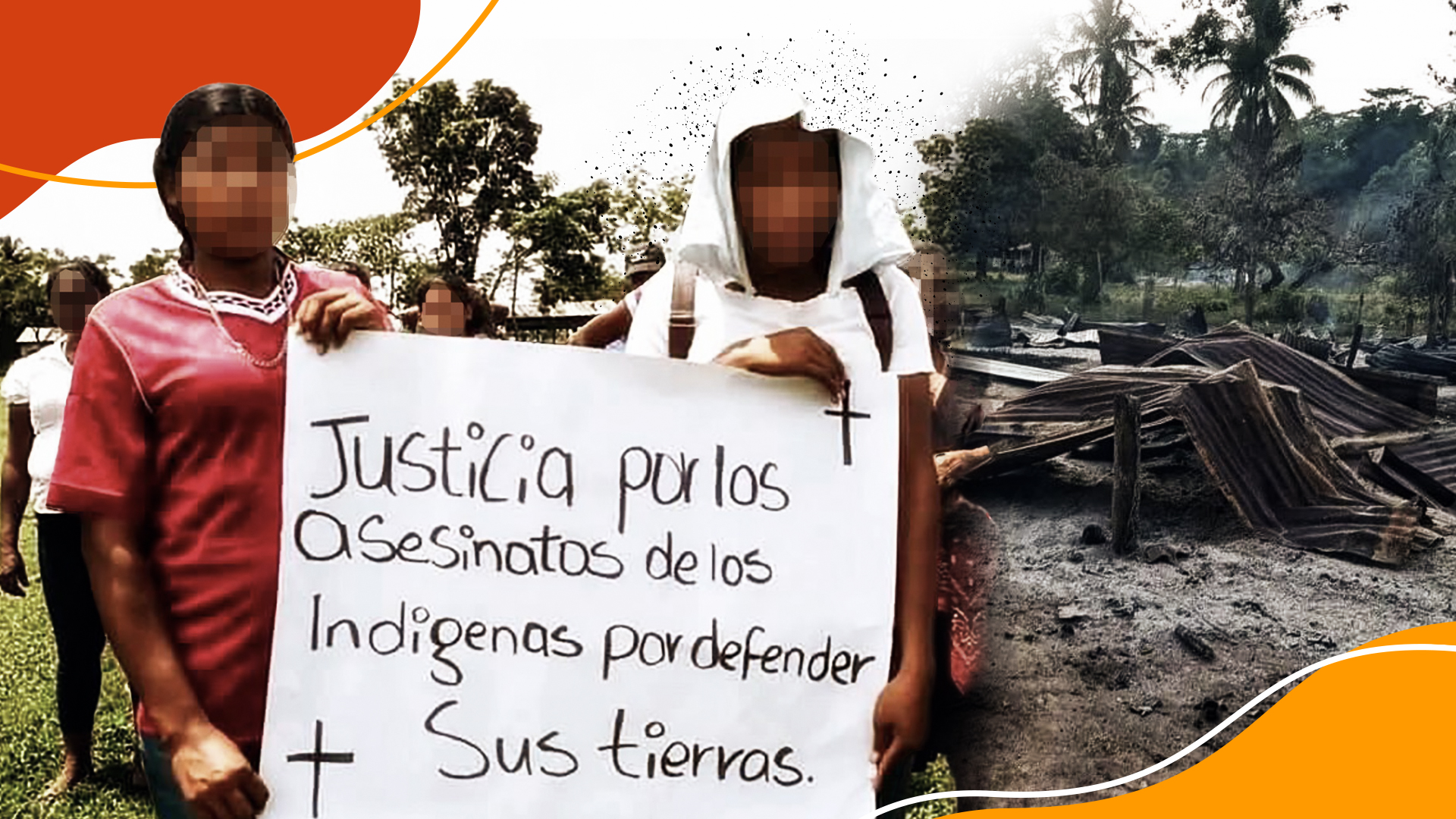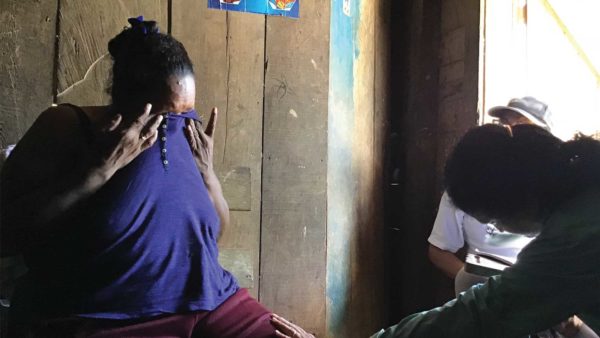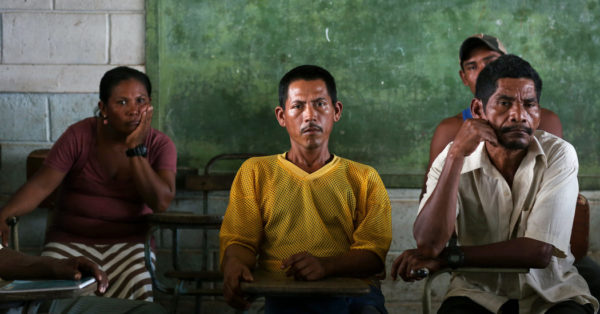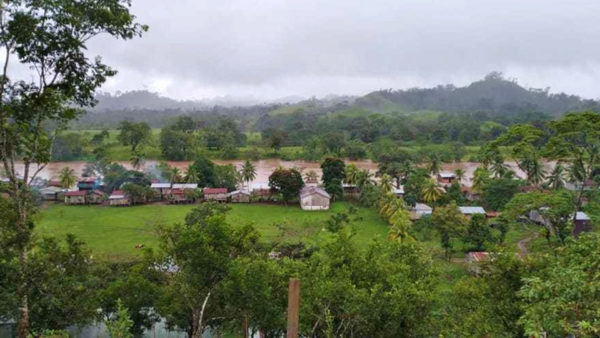On March 11, 2023, settlers (colonos) massacred at least five Indigenous Mayangna people in the community of Wilú, Mayangna Sauni As territory
First published on 03/25/2023, and last updated on 03/28/2023
Shared by CALPI – Centro de Asistencia Legal a Pueblos Indigenas
Mario Patrón Flores, 28 years old, still has four bullets in his body out of the six that were fired at him, and his father, Florencio Patrón, 60 years old, lost the thumb of his right hand; Both were shot and wounded on March 11, 2023, when the Mayangna Indigenous community of Wilú was attacked for the second time by criminal groups of non-Indigenous settlers armed with weapons of war, in the Mayangna Sauni As Territory, in the core zone of the BOSAWAS Biosphere Reserve, in the Autonomous Region of the Caribbean Coast of Nicaragua (RACCN – acronym in Spanish).
On the day of the attack, at about 6:00 a.m., taking advantage of the fact that many of the community’s men were out hunting, approximately 60 men with weapons and military equipment attacked the community leaving Mario and his father wounded. The women and children were missing for several days as they fled into the forest when they heard the gunshots and saw the houses burned down, leaving only the church, the parsonage, and the school standing.
However, Mario’s situation and the attack on the Wilú community is not an isolated event, recently other communities, such as Alal in 2020 have been attacked, and in 2021 there was the massacre in the Kiwakumbaih mine in which at least 13 Indigenous persons were killed including two Indigenous Miskitu women and a 41-year-old Mayangna woman. Her 14-year-old daughter was sexually assaulted by several attackers, all in the same territory.
As a consequence of these attacks, several members of the communities had mutilated fingers or hands, and others have been left paraplegic by the bullets still in their bodies, all without medical or social attention. Also, the day before the attack on Wilú, several men had been kidnapped, among them two evangelical pastors, one of them a community teacher; they were traveling to their communal planting areas along with two other men and two Miskitu children on the Waspúk River.
As a result, the members of the Indigenous communities of the Mayangna Sauni As territory live in a permanent state of anxiety and wonder: “which will be the next community to be attacked?”
The Indigenous communities consider that these attacks against their communities, as well as the permanent threats, sexual violations, kidnappings, and tortures against their members, are carried out by the settlers’ groups that invade this territory to put pressure on the community members, causing food insecurity and sowing terror, to take over their lands more easily.
In addition to the loss of human lives and the damage to the physical and psychological integrity of the Indigenous People caused by the attacks — carried out with cruelty, leaving visible signs of torture on the bodies of the victims —through attacks and brutality; the areas of collective use and dominion such as the forest to collect fruits and medicinal plants, hunting and fishing areas, as well as agricultural areas, cultural and spiritual spaces in their traditional territory, are being reduced.
In most of the attacks, however, the Nicaraguan state has not been present in the communities, and when it has, it denies that settlers carried out the attacks. Instead, it blames the Indigenous People, as occurred in the case of the Kiwakumbaih massacre, in which, contradicting more than twenty surviving victims and witnesses of the attack, four authorities and community forest rangers were blamed, prosecuted, and sentenced to life imprisonment.
On February 13, 2022, the Inter-American Commission on Human Rights (IACHR) granted precautionary measures to the Wilú Community, yet the Nicaraguan state has not complied with these measures. Nor has it obeyed the protection measures to 15 Miskitu and Mayangna indigenous communities granted since 2015, when the attacks began systematically, by the Inter-American System for the Protection of Human Rights.
The communities of the Mayangna Sauni As Territory continue demanding that the Nicaraguan State fulfill its international obligation to protect its members and communities and investigate, prosecute, make reparations, and ensure the non-repetition of these severe violations of their human rights.



